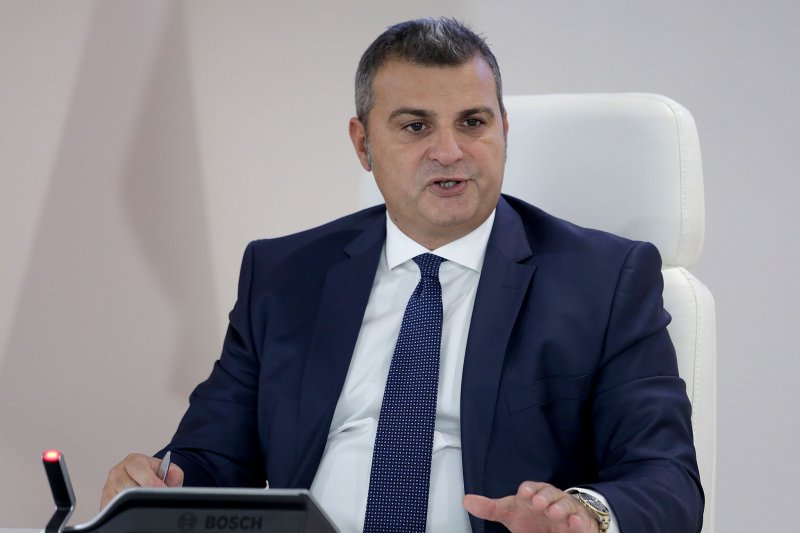Governor's Three Suggestion for New 2022 Budget
The Parliamentary Committee on Economy and Finance is still discussing the draft budget for 2022, where the Governor of the Bank of Albania, Gent Sejko, is also present.
Sejko, who is presenting the opinion of the Bank of Albania, said, among other things, that economic policies should be oriented towards normalization. According to him, this serves to strengthen the stability of the country's finances.
"This draft budget determines the position of the fiscal policy for 2022. The Bank of Albania has evaluated and continuously evaluates the open discussion on the projections on which it is based and the instruments envisaged for their achievement. In compliance with the legal mandate, the opinion will focus on those issues that are based within the scope of our competence. Our economic policies should be oriented towards normalization, it will serve to strengthen the stability of the country's finances. Budget revenues of 2022 will increase by 8%. The macroeconomic projections that outline the budget are realistic. The Bank of Albania suggests the government's continued attention to revenue performance. We consider it necessary to finalize the medium-term strategy of public revenues, it should simplify the tax system. The draft budget envisages the beginning of the fiscal consolidation process," stated Sejko.
Also, at the end of his speech, the governor gave three suggestions regarding the draft budget 2022.
"The draft budget envisages that the deficit created by the social and health insurance scheme will be in the amount of ALL 101 billion or 5.4% of GDP, is equal to the level of the deficit 2022 and twice higher than the target deficit. The social and health insurance scheme continues to be a significant burden on state finances. In this context, the BoA suggests reviewing the pension scheme, social security scheme and other social schemes in order to maintain these schemes in affordable trajectories for the state budget.
On PPP, the draft budget provides for the payment of 3% of tax revenues of the previous year. The BoA suggests including long-term ceilings on the total value of PPP contracts, as an additional element to controlling the potential risk that PPPs may have to public finances.
The professional capacities of the units that administer the evaluation, contracting and monitoring of PPPs need to be improved, especially with regard to the legal and financial obligations imposed on the state budget. The BoA continues to repeat the call for better distribution of expenditures during the year, the pace of expenditures during the year continues to show a strong concentration in the fourth quarter. This recurring phenomenon creates unnecessary fluctuations," concluded Sejko.













